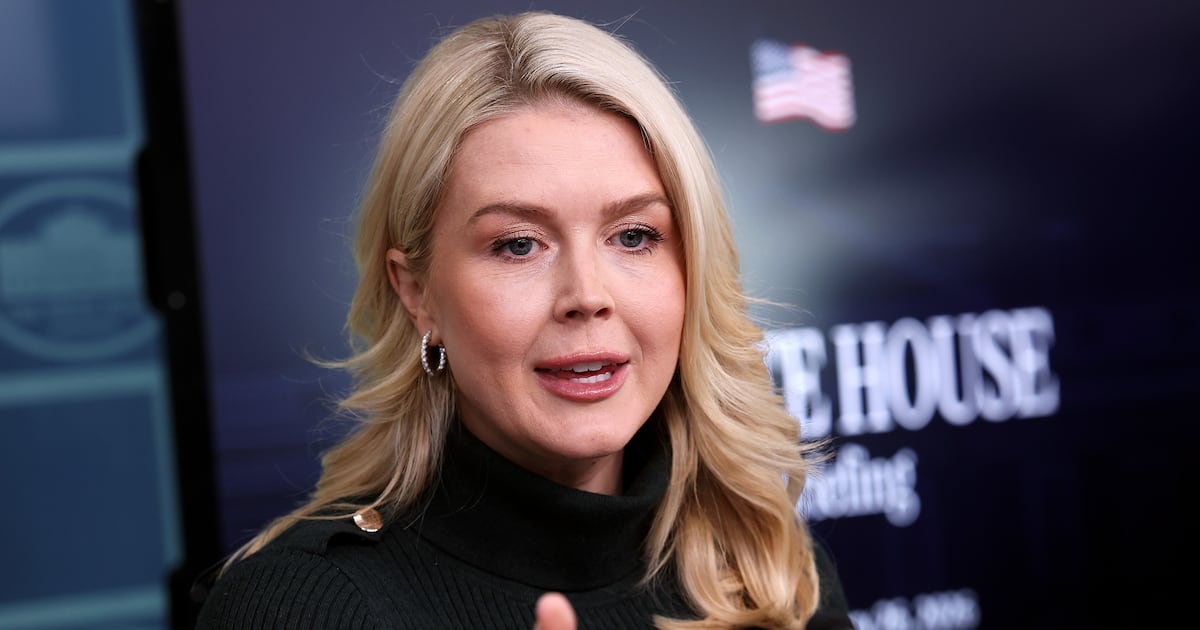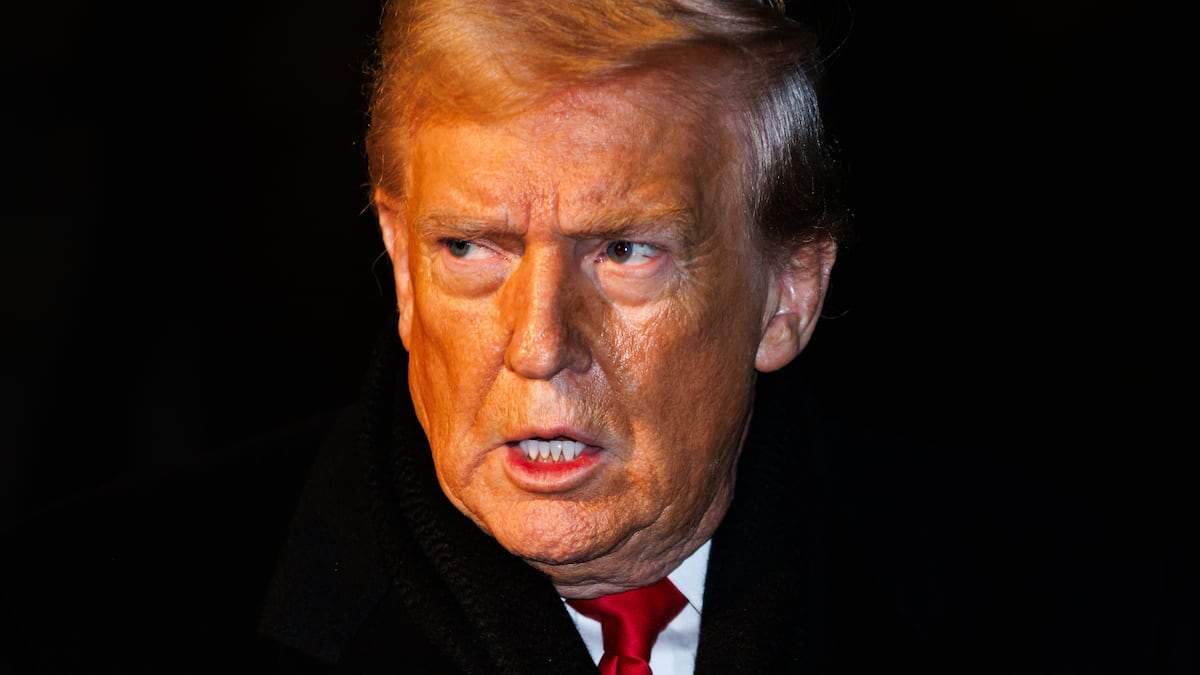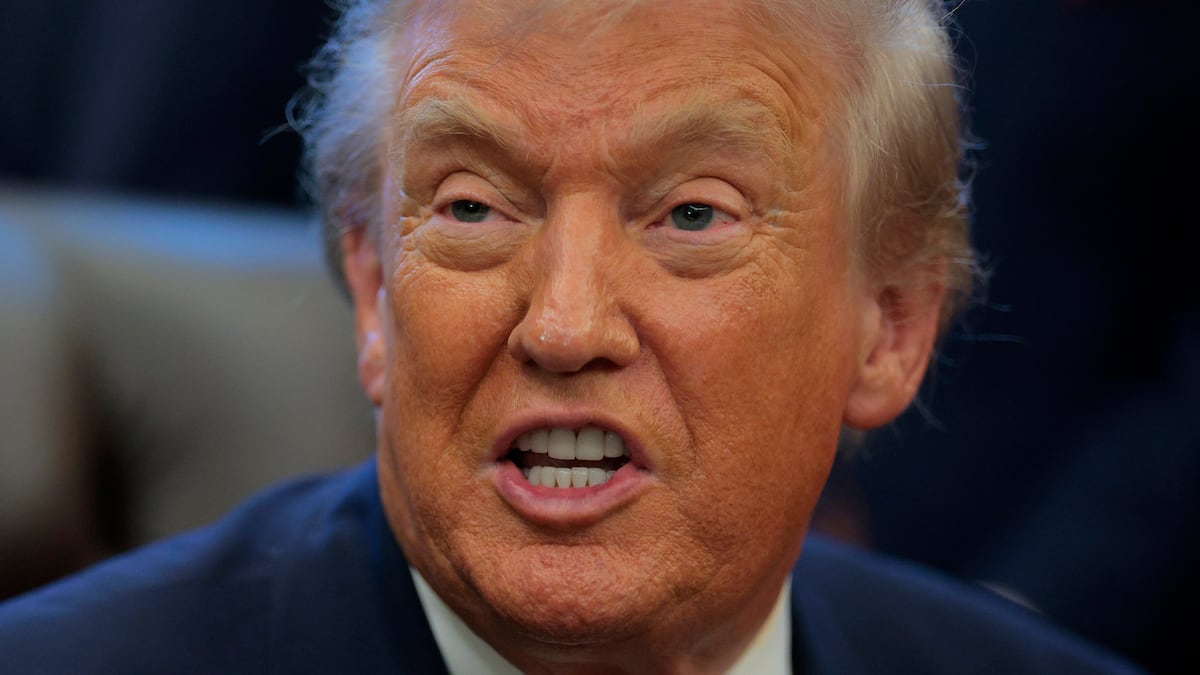
Historians who will look back on the early 21st century will likely be puzzled that a significant amount of time and energy was spent by policy makers debating the gold standard. As part of a broader outreach effort by the Federal Reserve, Chairman Ben Bernanke gave the first in a four-part lecture series about the history of the Federal Reserve to a George Washington University class on Tuesday March 20th. Part of that lecture included a very thorough dismantling of the gold standard.
You can watch the video here.The key gold standard lecture starts around the 29:00 minute mark, with Chairman Bernanke noting just how inconvenient the system was:
"Gold Standards are far from perfect monetary systems… have to go to South Africa and dig up tons of gold, and move it to New York and put it in the basement of the Federal Reserve bank of New York."
As Bernanke notes, you make a gold standard work by digging up a bunch of gold and moving it from one hole to another. If you also dig up more gold out of the ground, then that act of mining also changes the money supply.
It is not smart to tie American monetary policy to the rocks that get dug out of the ground. This is especially true in the modern day when most of the gold is being mined in response to demand from India and China. A new gold standard would effectively tie US monetary policy to the purchasing habits of Indian and Chinese consumers.
The entire lecture is worth listening to, but it should be pointed out that nothing he says is new. The most definitive academic account of the gold standard, Golden Fetters by Barry Eichengreen, marshals the single most important point about the gold standard and the Great Depression: the sooner a country left the standard that sooner its economy began to improve.
Notice also that Bernanke cites Milton Friedman to help make this point. It cannot be emphasized enough how Bernanke's policy ideas are influenced by one of the most important conservative free-market economists of the 20th century. Bernanke's efforts may not have been as bold as they need to be, but they are hardly socialistic, as Steve Forbes thinks here.
(Side note, why does Steve Forbes castigate Bernanke for "dictating the price of all money" when a gold standard operates by fixing the price of gold?)






